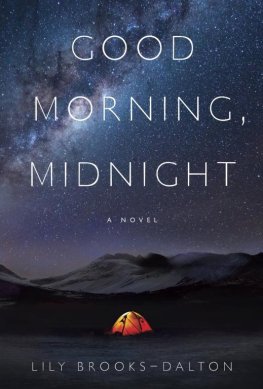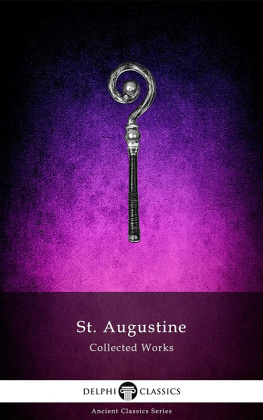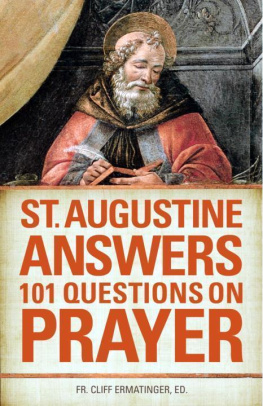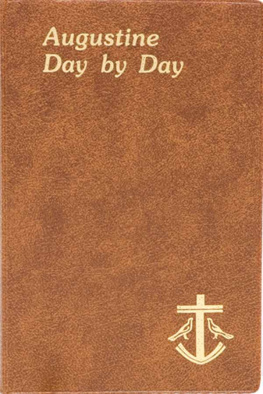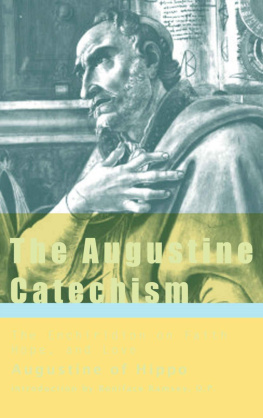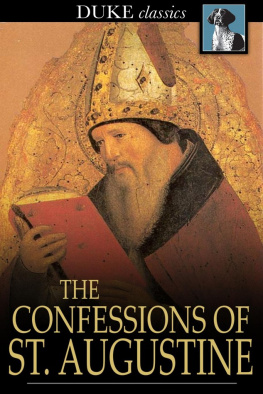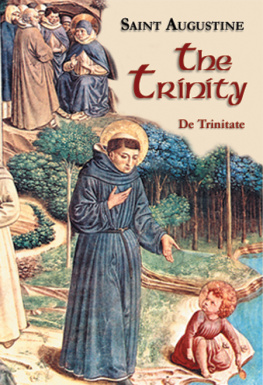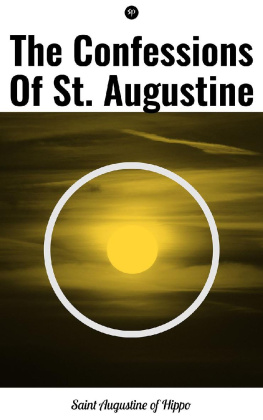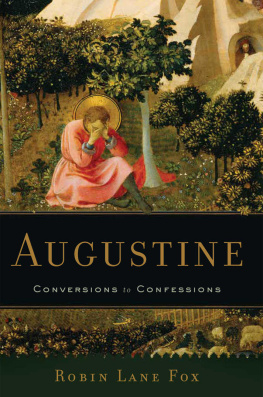Lily Brooks-Dalton
GOOD MORNING, MIDNIGHT
I heave myself out of the darkness slowly, painfully.
And there I am, and there he is
JEAN RHYS

WHEN THE SUN finally returned to the Arctic Circle and stained the gray sky with blazing streaks of pink, Augustine was outside, waiting. He hadnt felt natural light on his face in months. The rosy glow spilled over the horizon and seeped into the icy blue of the tundra, casting indigo shadows across the snow. The dawn climbed like a wall of hungry fire, delicate pink deepening to orange, then crimson, consuming the thick layers of cloud one at a time until the entire sky was burning. He basked in its muted glow, his skin tingling.
The overcast sky was unusual for the spring season. The observatorys site had been chosen for its clear weather, the thin polar atmosphere, and the elevation of the Cordillera Mountains. Augie left the concrete steps of the observatory and followed the path carved into the steep slope of the mountaindown to the cluster of outbuildings nestled against the mountains incline, then beyond them. By the time hed passed the last outbuilding the sun had already begun to sink, the color to fade. The day had come and gone in ten minutesless, perhaps. Snow-covered peaks rolled all the way to the northern horizon. To the south, the low, smooth expanse of the tundra flowed into the distance. On his best days the blank canvas of the landscape set him at ease; on his worst he contemplated madness. The land did not care for him and there was nowhere else to go. He wasnt sure yet which sort of day today was.
In a different life he used to pack his soft leather suitcase whenever his environment rejected him, as it often did, and find another place to go. It wasnt even a very large suitcase, but it contained the essentials of his existence neatly, with a little room to spare. There was never a need for moving trucks, or bubble wrap, or farewell parties. When he decided to go, he was gone within the week. From a postgraduate fellowship in the Atacama Desert of northern Chile where he cut his teeth on dying stars, to South Africa, Puerto Rico, Hawaii, New Mexico, Australiafollowing the most advanced telescopes, the biggest satellite arrays, like bread crumbs scattered across the globe. The less earthly interference there was, the better. It had always been this way for Augustine.
Continents and countries meant nothing to him; it was only the sky that moved him, the happenings on the other side of the atmospheric window. His work ethic was strong, his ego engorged, his results groundbreaking, but he wasnt satisfied. He had never been satisfied and never would be. It wasnt success he craved, or even fame, it was history: he wanted to crack the universe open like a ripe watermelon, to arrange the mess of pulpy seeds before his dumbfounded colleagues. He wanted to take the dripping red fruit in his hands and quantify the guts of infinity, to look back into the dawn of time and glimpse the very beginning. He wanted to be remembered.
Yet here he was, seventy-eight years old, at the top of the Arctic archipelago, on the rind of civilizationand, having come to the terminus of his lifes work, all he could do was stare into the bleak face of his own ignorance.

THE BARBEAU OBSERVATORY was built as an extension of the mountain. The blunt fist of the telescopes dome rose defiantly higher than anything else for miles, surveying the rest of the mountain range like a warden. There was an airstrip and a hangar about a kilometer south, where the tundra had been packed and smoothed by a bulldozer airlifted from Greenland, marked with reflective orange flags and lined with lights that didnt work anymore. The hangar was empty, the strip neglected. The last planes to use them had come to collect the researchers from the outpost, and the last news from civilization, over a year ago, had been of war.
The outpost was stocked to last a dozen researchers for nine months: barrels of fuel, nonperishable food, purified water, medical supplies, guns and fishing gear, cross-country skis and crampons and climbing ropes. There was more research equipment than Augie could use, more incoming data than he could process in a dozen lifetimes. He was more or less content with the way things were. The observatory was the focal point of the outpost, in the center of the scattered dorms, storage units, and rec buildings. Its structure was the most permanent thing about the baseafter all, the massive telescope it housed was the reason everything else was there. The outbuildings that surrounded the observatory were hardly buildings at all, more like weatherproof tents for eating, drinking, sleeping, and storage. Barbeaus standard research fellowship lasted between six and nine months, but Augustine had stayed for almost two years before the evacuation. Now it was nearly three years that hed been here. The program drew a collection of young, bold men, often fresh out of their PhD programs, impatient to shrug off the close quarters of academia, at least for a while, before they let it encircle them for good. Augustine had despised these bookbound researchers, all theory and little or no practical skill. Then again, he would have been hard-pressed to name someone he didnt despise.
Squinting at the horizon, he could just make out the sinking orb of the sun through the thick cloud cover, sliced in half by the jagged outline of the Cordillera Mountains. It was a little past noon, in late March. Polar night had finally passed over this desolate patch of earth, and now the day would gradually return. It would begin slowly, a few hours of light at a time, peeking over the skyline. But soon enough the midnight sun would rise and the stars would fade. By the end of summers brightness he would welcome the twilit days of autumn, then the blue-black of winter, but for now he couldnt imagine a more comforting view than the melted outline of the sun, roosting close to the horizon, its light spilling down onto the low-lying tundra.
In Michigan, where Augustine had grown up, winter came softly: the powder of the first snow, the pillowy drifts, icicles that grew long and sharp, then began to drip drip pour into a gush of spring. Here, everything was hard. Bleak. As unforgiving as the edge of a diamond, with great shelves of ice that never melted and the ground that never thawed. As the remaining light faded from the noon sky, he watched a polar bear lope across one of the mountain ridges, heading toward the sea to hunt. Augie wished he could climb into its thick skin and sew it shut behind him. He imagined what it would feel like: looking down a long snout at paws the size of serving platters, rolling onto his back and feeling a thousand pounds of muscle and fat and fur press into the frozen ground. Pulling a ringed seal from its breathing hole and killing it with one powerful swipe, burying his teeth in its flesh, ripping away steaming chunks of blubber and then falling asleep in a clean, white snowdrift: sated. No thoughtsjust instincts. Just hunger and sleepiness. And desire, if it was the right time of year, but never love, never guilt, never hope. An animal built for survival, not reflection. The idea almost made him smile, but Augustine was not in the habit of bending his mouth in that direction.
He didnt understand love any better than the bear did. He never had. In the past, hed felt the nibble of a lesser emotionshame or regret or resentment or envybut whenever that happened, he would turn his gaze to the sky and let awe wash it away. Only the cosmos inspired great feeling in him. Perhaps what he felt was love, but hed never consciously named it. His was an all-consuming one-directional romance with the emptiness and the fullness of the entire universe. There was no room to spare, no time to waste on a lesser lover. He preferred it that way.

